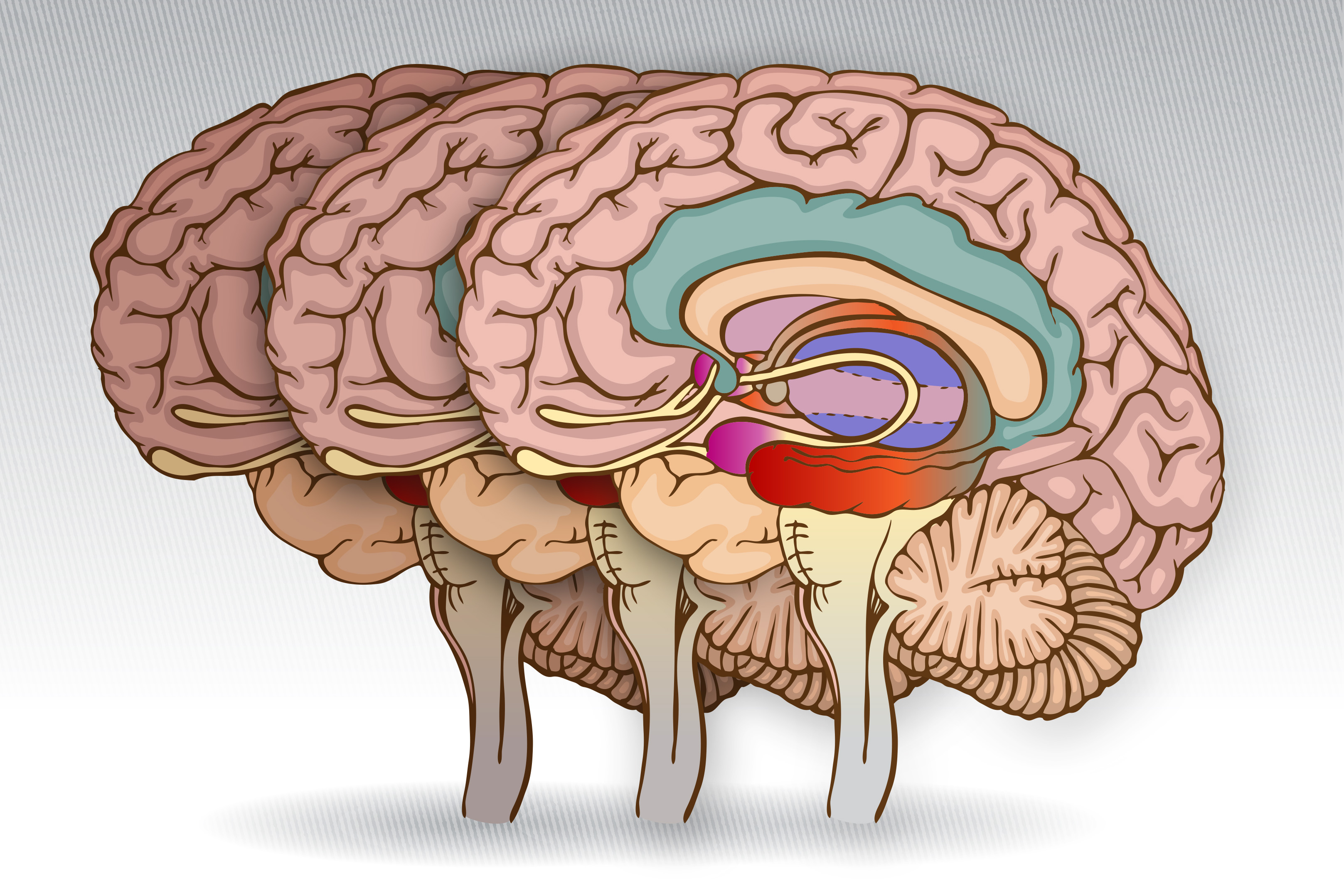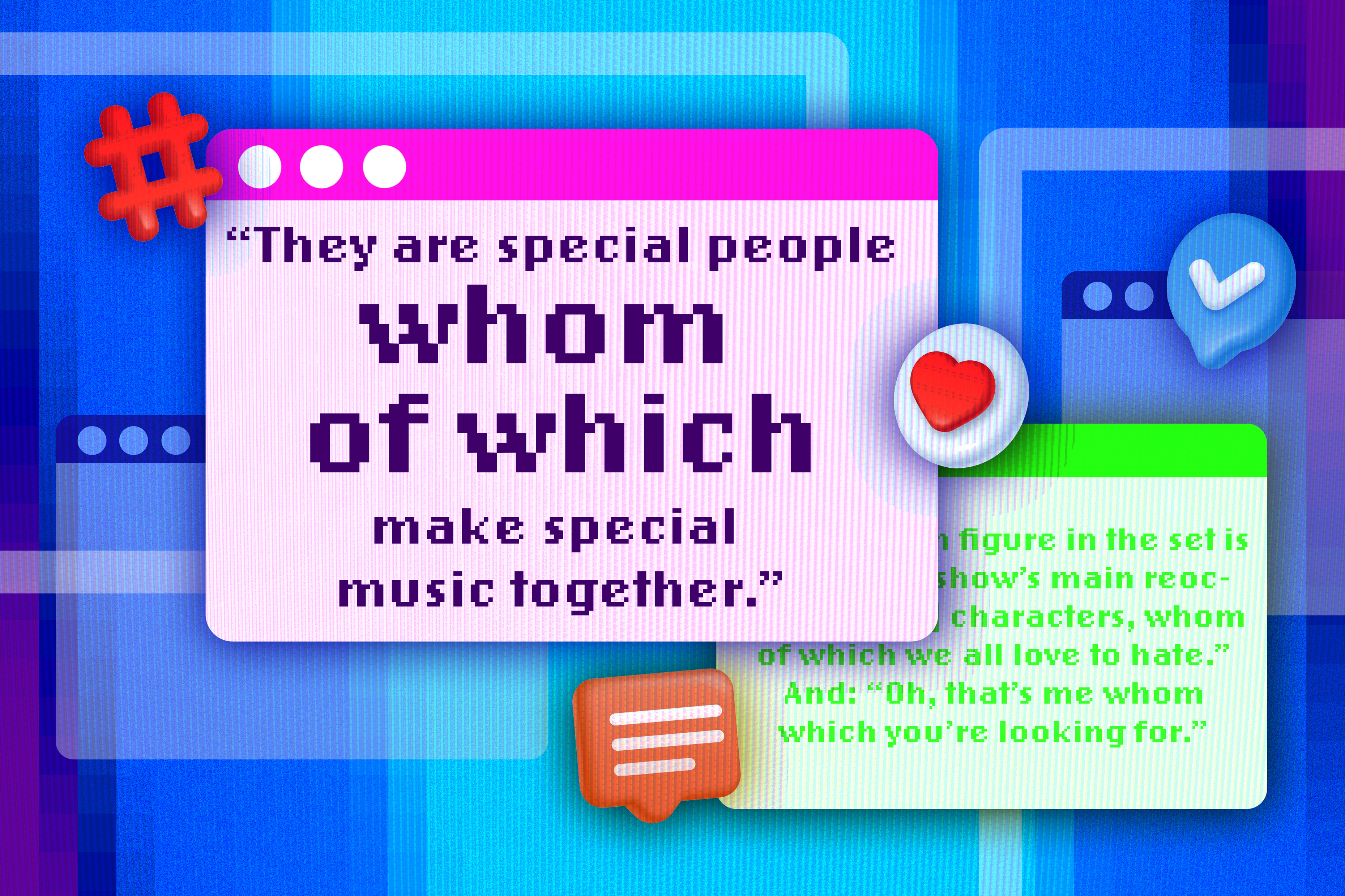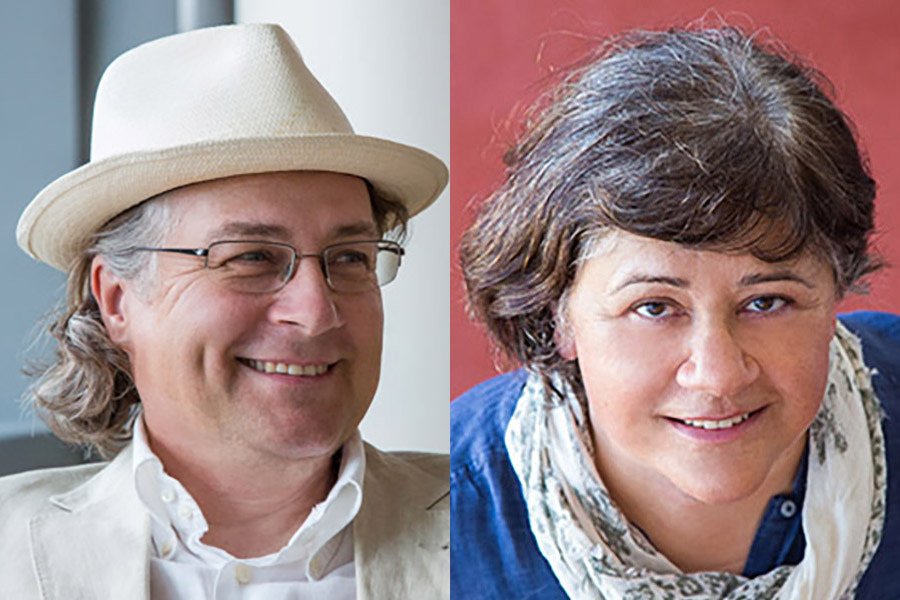African elephants address one another with name-like calls − similar to humans
Humans aren’t the only animals that have names for each other − and studying animals that use names can teach researchers more about how human names evolved.
June 11, 2024 • ~9 min








